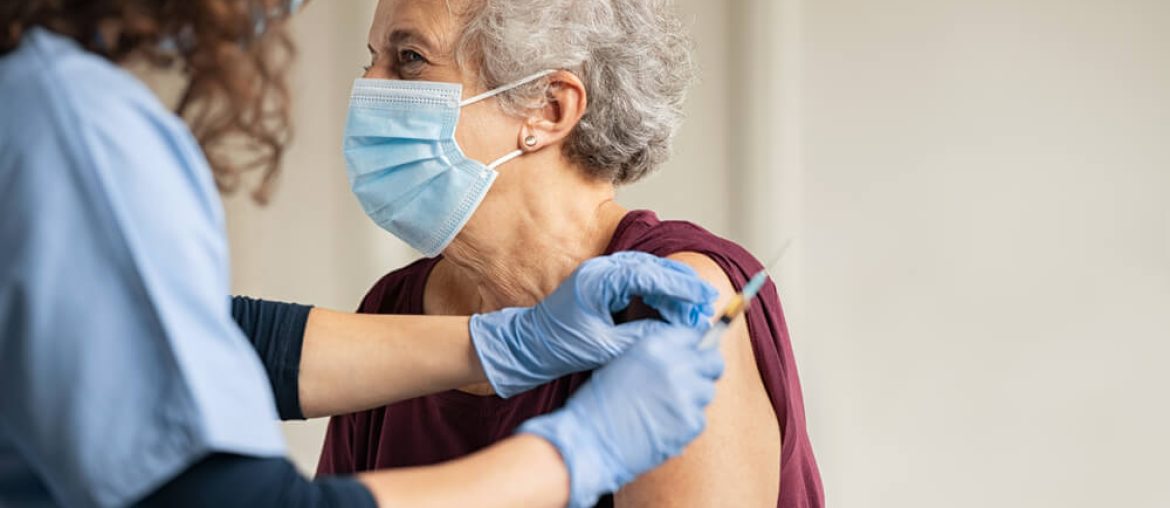Vaccines aren’t just for babies and young children. Adults also need to get vaccines.
What are vaccines?
Vaccines (sometimes called vaccinations or immunizations) are given to people to prevent disease. Vaccines are a mixture of cells and chemicals. Most vaccines are given by injections (shots), but a few can be taken by nose, as a nasal spray.
If I am a healthy person, do I need vaccines?
Vaccines can help you stay healthy and avoid certain diseases. For example, a yearly flu shot can help keep you from catching the flu or greatly decrease the effect of the flu if you do catch it. Even though you are healthy, your work, travel, or life, in general, may expose you to serious illnesses like hepatitis. Vaccines can help you avoid illness, great expense, or even death.
Are there risks to vaccines?
Vaccines are very safe. Generally, being sick with the disease is much more dangerous than getting the vaccine. Most vaccines used in the United States are made from a killed or inactive virus, so the vaccines cannot give you the disease. People with some health conditions – like pregnancy – should not get certain vaccines. Most vaccines cause soreness at the injection site and a few can cause a flu-like feeling, which lasts for a day or so. Ask your healthcare professional which vaccines are safe for you and how you should expect to feel after getting them.
How do I know if I need any vaccines?
The table in this handout has information on which vaccines you may need as an adult. If you work or travel outside the United States, you may also need other vaccines. Your local health department or the Centers for Disease Control & Prevention (CDC) can provide information about what vaccines you will need for travel.
- You are at risk for Hepatitis A if you: 1) live in a community that has a high incidence of Hepatitis A, 2) use street drugs, or 3) have chronic liver disease.
- You are at risk for Hepatitis B if you: 1) have had more than one sex partner in 6 months, 2) have sex or household contact with a person who has Hepatitis B, 3) use street drugs, or 4) are a health care or public safety worker who could have contact with body fluids.
- You should get a flu vaccine with inactivated virus every year if you: 1) are over age 65, 2) are a health care worker, 3) are pregnant, or 4) have long-term health problems such as diabetes, asthma, kidney disease, or heart disease.
Can I get vaccines if I am pregnant?
The flu vaccine and the tetanus, diphtheria, and pertussis (Tdap) vaccine are recommended for all pregnant women. The hepatitis A and B vaccines are also recommended for women at risk for the infection. Some vaccines should not be given to pregnant women. These include the human papillomavirus (HPV), live flu, measles, mumps, and rubella (MMR), and varicella (chickenpox) vaccines. Right after pregnancy is a good time to get the hepatitis, MMR, and varicella vaccines if you need them.


















